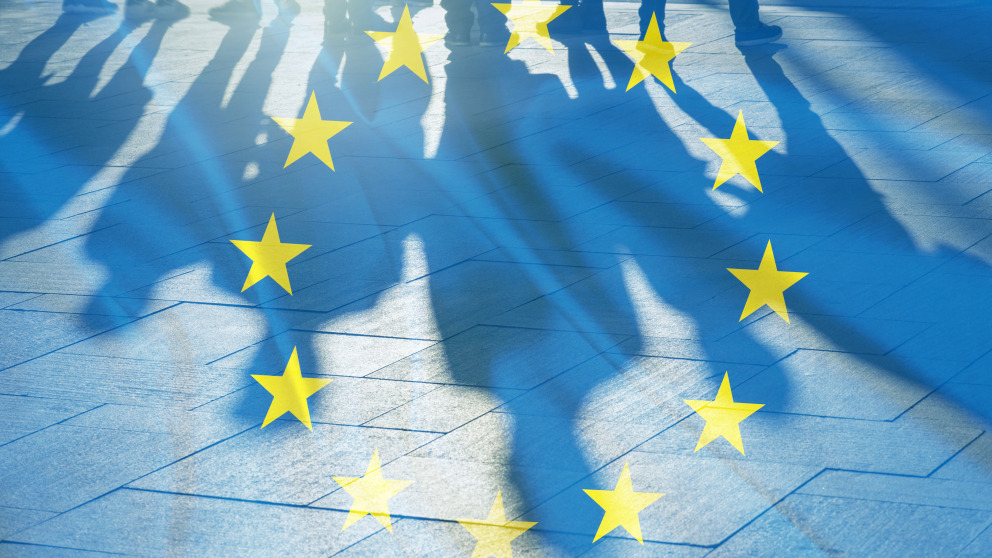“Make sustainability a key principle of the European Union’s new strategic agenda!”
07.05.2019
“Sustainability must become a key principle of the European Union’s new strategic agenda,” argues Patrizia Nanz, co-chair of the Science Platform Sustainability 2030, in the run-up to the meeting of the European Council in Romania on 9 May 2019. The meeting will bring together the heads of state and government of the EU Member States to discuss the Union’s future political direction and priorities.

The new strategic agenda is set to be adopted on 20–21 June and will shape European policymaking through to 2024. “Europe must not miss this opportunity to strengthen the role of sustainability in policymaking. During the next parliamentary term (2019 to 2024), the EU will have one last opportunity to make its urgently needed contribution towards achieving the global Sustainable Development Goals (SDGs) of the 2030 Agenda by the year 2030,” adds Dirk Messner, fellow co-chair of the Science Platform. Addressing sustainability challenges will also require greater cooperation between science organisations across Europe, enabling them to consolidate their contributions and present policymakers with bundled options for action.
"We expressly welcome the fact that the European Commission has identified sustainability as one of the top five priorities in its recommendations for the new strategic agenda,” emphasises Patrizia Nanz. “Its inclusion in the strategic agenda would mark a long overdue development and should aim at changing consumption and production patterns as a whole,” Nanz continues. The priorities set by the current Commission have aimed merely at the development of an “affordable and climate-friendly energy supply in Europe”. Nanz: “As a result, the European Union has failed to take into account the complex challenges posed by climate change, the biodiversity crisis, and marine pollution, for example.” To address these challenges, Europe must make better use of its research and innovation potentials by strengthening links across the scientific landscape and to policymakers and other actors in the political sphere.
“Elevating sustainability to a guiding principle of the European Union’s new overarching strategic agenda would be a significant step along a path that must be pursued further”, states Dirk Messner. To enable the EU to promote sustainable development more effectively, in its statement to the State Secretaries’ Committee for Sustainable Development, the Science Platform Sustainability 2030 has called, among other things, for the development of an overarching and ambitious framework of objectives for sustainable development, dovetailed with a more consistent approach to the mainstreaming of sustainability across all relevant EU policy fields. If the global Sustainable Development Goals (SDGs) are to be achieved both within the EU and worldwide, the EU will have to bolster its efforts significantly and support the Member States in their efforts. Messner: “German policy in and for Europe must accordingly place a particular emphasis on this.”
“Science can make important contributions towards efforts to achieve the Sustainable Development Goals (SDGs) of the 2030 Agenda,” adds Martin Visbeck, the third co-chair of the Science Platform Sustainability 2030. “Research leads to new insights, innovation, and concepts to accelerate transformations towards sustainable development. The European Union is an important framework for action and science is ready to support the European Council’s new priorities to advance sustainable development by providing information and advice.”
The Science Platform Sustainability 2030 provides a central forum for science to engage with representatives from politics, business, and society on urgent issues pertaining to sustainability policy. The Platform operates as an independent organisation and is embedded within the official steering, dialogue and implementation processes of the 2030 Agenda for Sustainable Development.